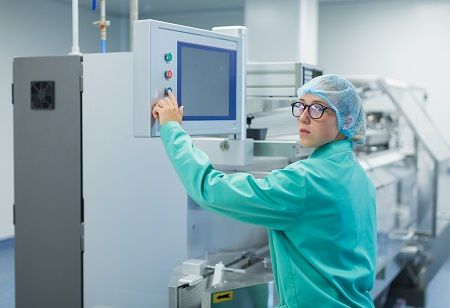India Pharma Outlook Team | Monday, 24 March 2025

Local medical device makers based in India are now jolting the state with a plea to reconsider the tax composition of medical devices especially in the segment of duty imports from the US as part of trade negotiations.
Rajiv Nath, Forum Coordinator, AiMeD said, "We emphasize the need for the Indian government to revisit tariff structures considering the ongoing efforts to enhance health care security in India and address potential challenges arising from global health crises."
"Currently, India imposes basic customs duties (BCDs) ranging from 0% to mostly 7.5% on medical devices imported from countries such as the US. Medical Devices such as Mass Spectrometers, Gas Analysis Apparatus and many other analytical and diagnostic equipment are at zero percent duty and US manufacturers already have the largest market share..., in many medical devices, more than domestic manufacturers", he added.
Indian Medical Device Industry Association (AiMeD) has shown the voice of the majority of Indian manufacturers like they are troubled by the potential cut in tariffs and they say the need for a more balance approach is necessary.
The producers' request from the government is to take the horizon wider from the mere tariff cuts to the non-tariff barriers and regulatory approvals that impact accessibility and market dynamics. They argue for a just trade deal that ensures the reciprocation of the tax and non-tax issues for both India and the US.
Based on global examples, the manufacturers have put emphasis on the US as the country has imposed 50% tax on Chinese needles, and syringes as well as 25% duty on PPE such as gloves, respirators, and face masks. In the perspective of the speakers, India should employ protective measures to build the medical device supply chain and get ready for future health crises such as the COVID-19 pandemic.
Rajiv Chibber, Joint Coordinator, AiMeD said, "The real barriers to market entry for Indian medical device manufacturers lie not in tariffs, but in non-tariff barriers such as exorbitant US FDA registration fees and the requirement for costly clinical trials. These costs are a significant deterrent for Indian manufacturers seeking to enter the US market, where approval can take years and cost millions. To level the playing field, India must push for a fair exchange of regulatory standards and seek reciprocal market access non-tariff measures."